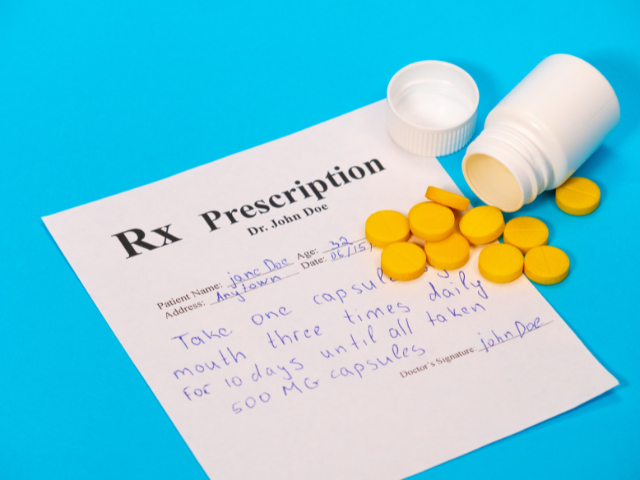Process of the Research Project
I started my research study immediately when I was in the triage area. I explained the study to patients and why this was a critical issue. I was delighted to get a positive response from the patients. Many agreed to participate in my research and admitted they did not remember the names of the prescribed medications, when to take them, why they were taking them, and what side effects might occur. One response I received repeatedly was that they were told to take the medications but did not get into the specifics about the drugs themselves.
The study lasted approximately five months, and about 20 patients signed up for the study itself. Within three days of enrollment, subjects received a letter via mail along with a medication card and medication sheets about their prescribed drugs. The cards were given to them so they could write down their medications, dosages, time for administration, and what medicines were used.
Subjects were called, using a prepared script, 10 days after their ED visit to inquire about the completion of the medication card. A second call was placed to those subjects who lacked the knowledge to complete the card. A letter was sent to the patients’ healthcare providers, informing them of participation in my study, their level of understanding, and a copy of the medication card I provided.
The letter also suggested that the physicians make a copy of the medication card at the next visit and make a concerted effort to help the patient keep the card updated. That would entail reviewing all medications on the card and ensuring sure all information was correct if a drug was renewed, stopped or dosage changed. Four months after the study was initiated, a call was placed to the healthcare providers of study patients to inquire about their patient’s use of the medication card and if it was presented at their next office visit.









